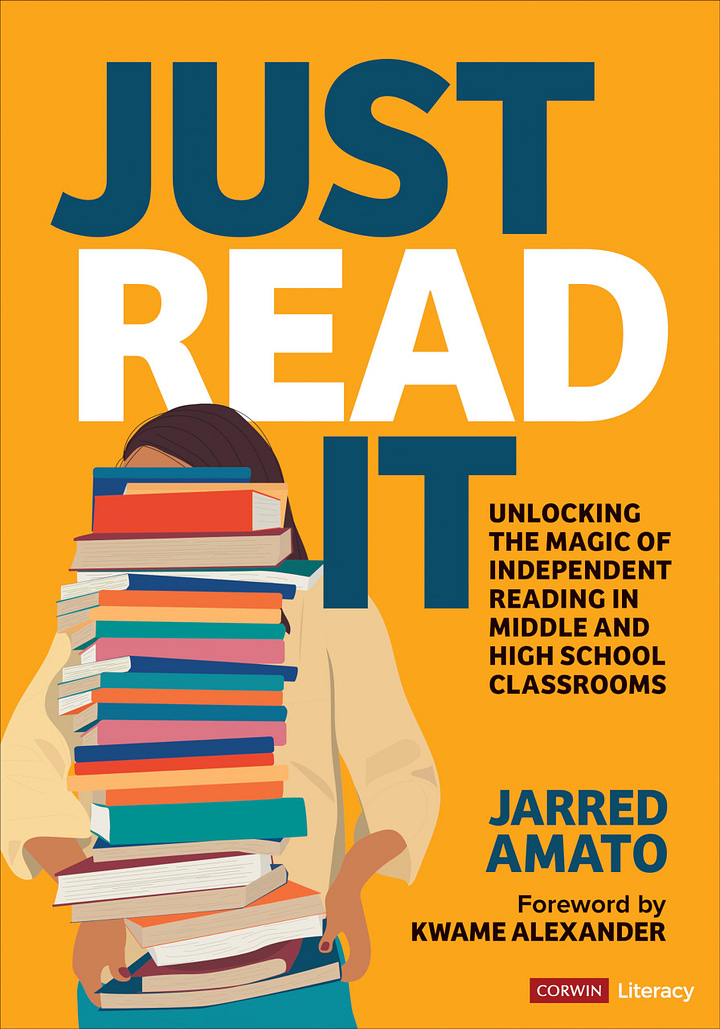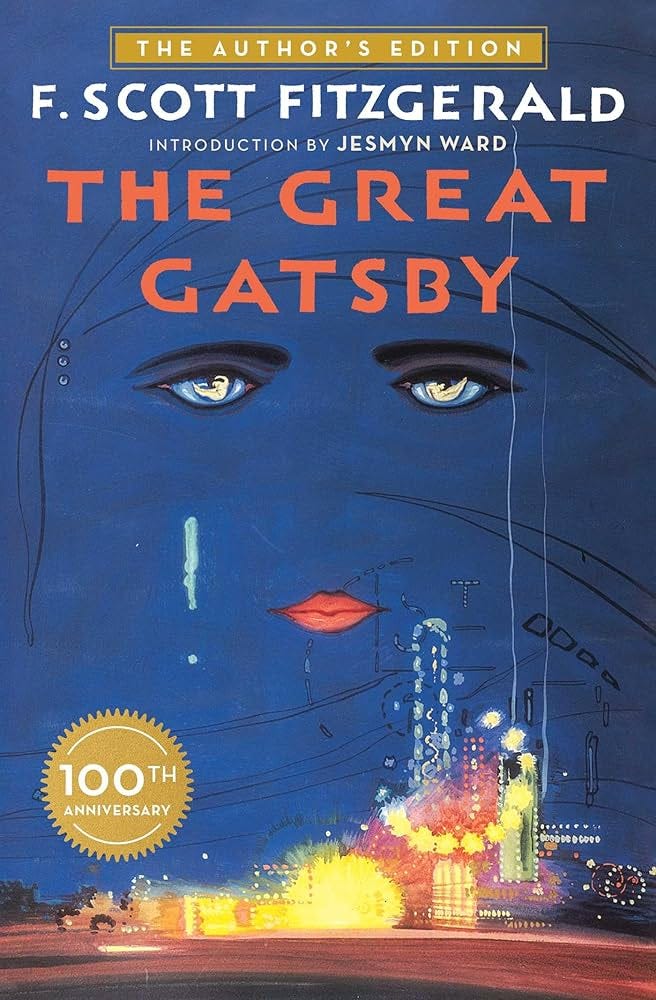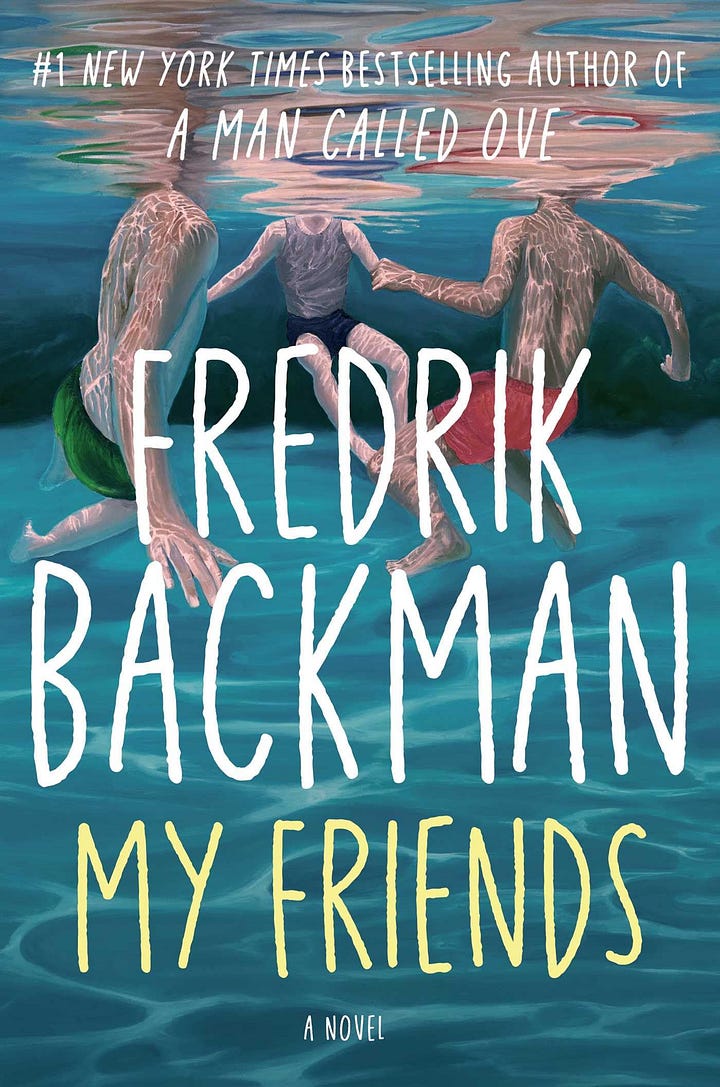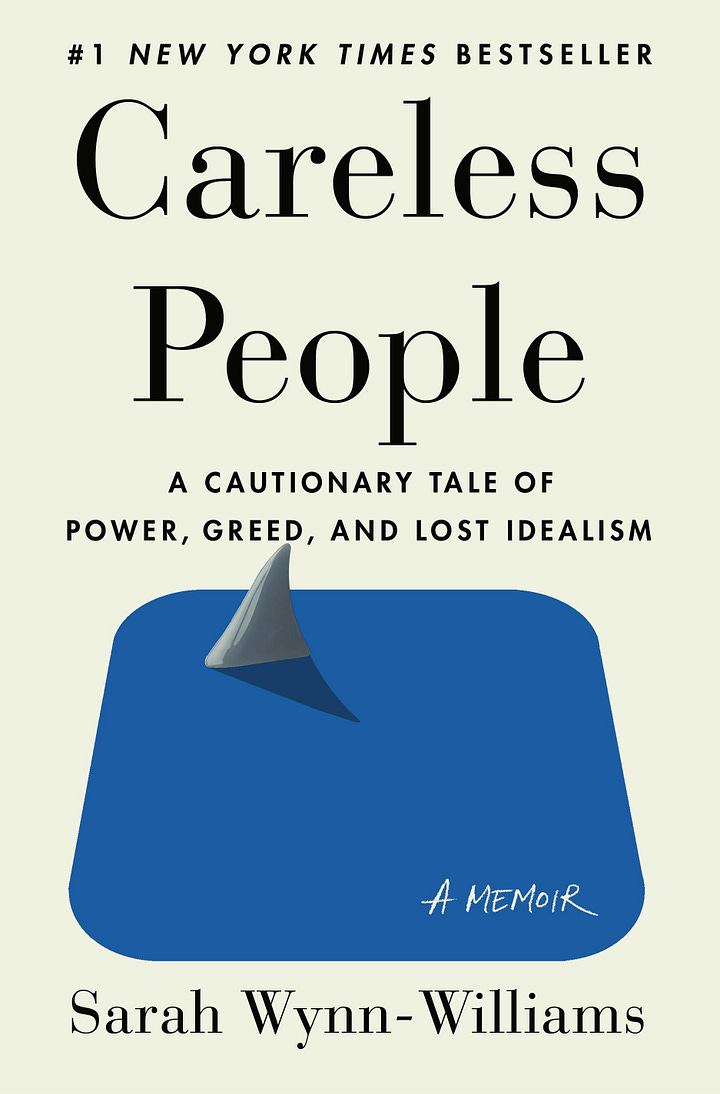Good morning everyone,
Hope you’ve had a wonderful July thus far. I’d love to know what you’ve been reading! I absolutely adored Frederik Backman’s latest, My Friends. One quote that I flagged in the moment and returned to after the final page: “The world is full of miracles, but none greater than how far a young person can be carried by someone else’s belief in them.”
I also devoured Sarah Wynn-Williams’ memoir, Careless People: A Cautionary Tale of Power, Greed, and Lost Idealism. It’s easy to see why Facebook/Meta didn’t want this book published. My goodness. And it makes sense that the author opens with this line from Gatsby (which I also re-read recently): “They were careless people, Tom and Daisy — they smashed up things and creatures and then retreated back into their money or their vast carelessness or whatever it was that kept them together, and let other people clean up the mess they had made.”




Facebook may have started with noble intentions (“to make the world more open and connected”), and in the early days, as the platform helped people forge friendships and find community, Wynn-Williams notes that “it felt promising and vast, and sometimes actually historic.” Today? Much different. “Now I’m consumed by the worst of it. The grief and sorrow of it. How Facebook is helping some of the worst people in the world do terrible things. How it’s an astonishingly effective machine to turn people against each other. And monitor people at a scale that was never possible before. And manipulate them. It’s an incredibly value tool for the most autocratic, oppressive regimes, because it gives them exactly what those regimes need: direct access into what people are saying from the top to bottom of society” (373).
In the story we’re going to tell about the past decade (say 2015-2025), many of the tech execs are the clear villains. As Wynn-Williams writes, it didn’t have to be this way. They could’ve been a force for good. Instead, “now we’re living in the world that has been shaped by these people and their lethal carelessness” (380).
What does this mean for you and me, and for the young people in our lives? I think it means being skeptical of artificial intelligence and its role in our classrooms. I think it means leaning into community and spending more time in the real world than the virtual one. I think it means more reading of real books and less scrolling. I think it means more creating and less consuming. I think it means minimizing the presence of screens in our schools (and our homes).
Here’s one more quote from the memoir that I wanted to share before getting to our updates and reminders: “Silicon Valley is awash in wooden Montessori toys and shrouded in total screen bans. Parents at work talk about how they don’t allow their teens to have mobile phones, which only underscores how well these executives understand the real damage their product inflicts on young minds” (104).
What are you reading this summer? Share your recommendations in the comments. Up next for me? Range: Why Generalists Triumph in a Specialized World by David Epstein.
In case you missed my June update, here’s what I’ve been working on lately as I prepare for the 25-26 school year and how you can get involved!
I recently developed a weekly WRAP sequence for the 25-26 school year. This document remains a work in progress, but I love how it’s coming together! Over the past two months, I went through my book, Just Read It: Unlocking the Magic of Independent Reading in Middle and High School Classrooms (use the code RAVEN25 for 25% off + free shipping), and attempted to “place” or sequence the WRAP prompts intentionally — one per week for an entire school year. Take a look through the document and let me know if you have any questions, ideas, suggestions, etc. When you get to page 11, you will also find 30+ prompts that students can respond to on a sticky note/index card and that serve as excellent conversation starters. And when you get to page 13, you’ll see that I’m beginning to develop more prompts that combine grammar skills/concepts and literature analysis (two birds, one stone). Please reach out if you’d like to collaborate on this endeavor! For example, shout out to Carriann for setting up this incredible Padlet. Her message: “I started a padlet with all of the prompts you had sent out and included a few of my own. I thought this would be a good place for all of us to start posting ideas for new WRAP prompts. I only did the short ones we'd use for daily questions, not the longer weekly prompts. Anyway, feel free to share this with our collab group so we can have a huge list going!” THANK YOU!
I’ve begun to develop a potential Article of Week “sequence” for the 25-26 school year, which includes thematic text sets/mini-units (pages 1-2) along with standalone articles and debate topics (page 3). You will also see my “year at-a-glance” on page 4. Check it out here! Again, please reach out with questions, comments, suggestions, potential texts and topics, etc.
I’ve also updated a beautiful collection of poems (more than 200!) that we can read and celebrate (and perhaps analyze) with middle and high school students throughout every “season” of a school year. Check it out here — and please reach out with poems that we should add to the collection! (I just requested this book from my local library.)
Later this summer, I’ll share more thoughts on how I’m approaching grammar and vocabulary (including this updated list of 100+ Greek & Latin morphemes.)
I’ll also share more about the larger units and projects that I have planned in addition to the four “pillars” above (Read and WRAP, AoW, poetry, grammar & vocabulary). For example, our first unit, “Coming of Age in an Algorithmic and Artificial Age,” is a modified version of the “Intro to Lit” unit in chapter 4 of Just Read It.
Finally, be on the look out for more virtual planning sessions throughout the summer. The June sessions were an absolute blast. In the meantime, please continue to reach out with questions, ideas, recommendations, etc. Additionally, please let me know if your school, district, or organization is planning a JUST READ IT book study or would like for me to deliver a keynote address and/or lead a PD session/workshop in 2025 or 2026. Feel free to share this letter with your school and/or district leaders. I love connecting with fellow educators and supporting/strengthening your team’s literacy efforts.
That’s all I’ve got for now. Have a wonderful week!
Jarred




Thanks for yet another newsletter filled with terrific ideas. I will start reading Careless People this week. I really liked The Names by Florence Knapp and More Than Words: How to Think About Writing in the Age of AI by John Warner.
Always appreciate your updates. Could you please share where I can find the new Project LIT titles?